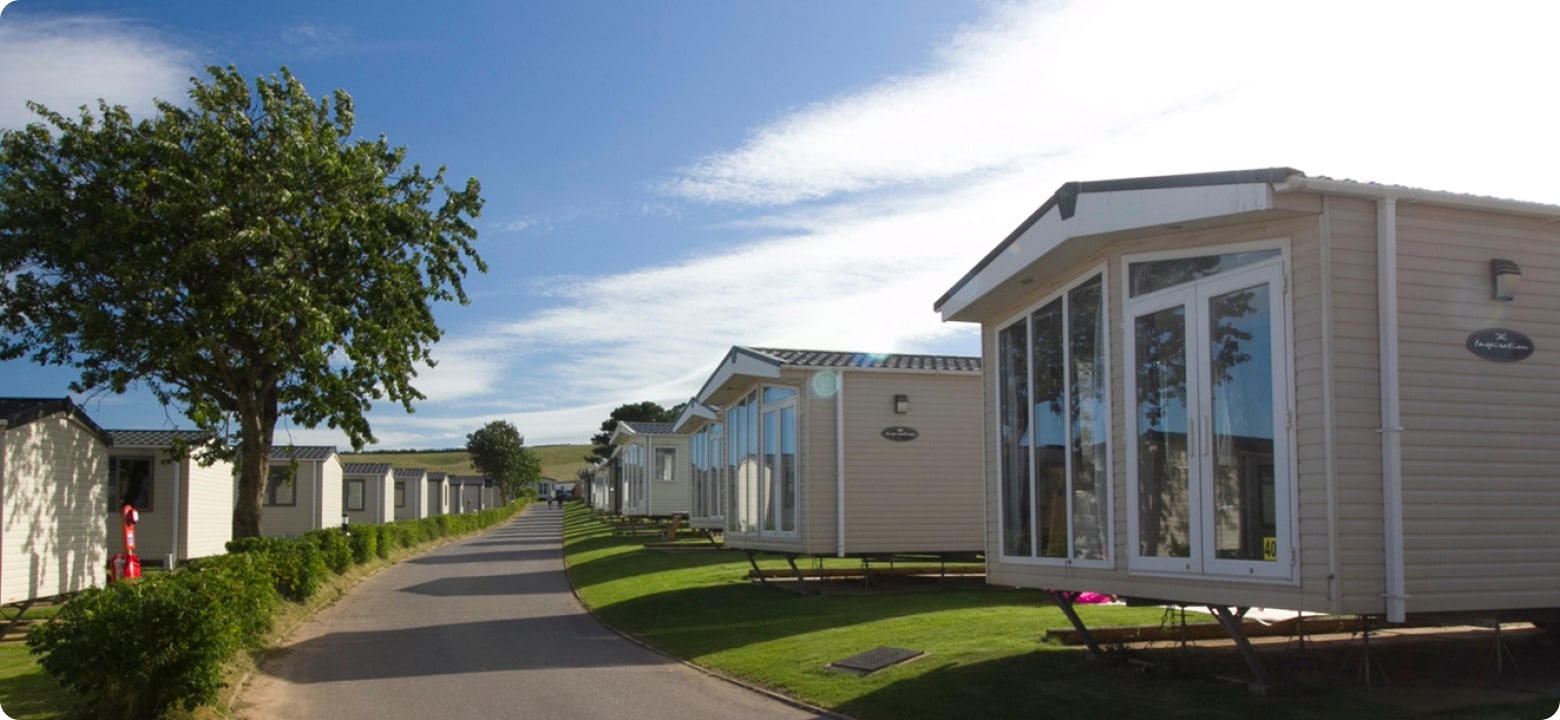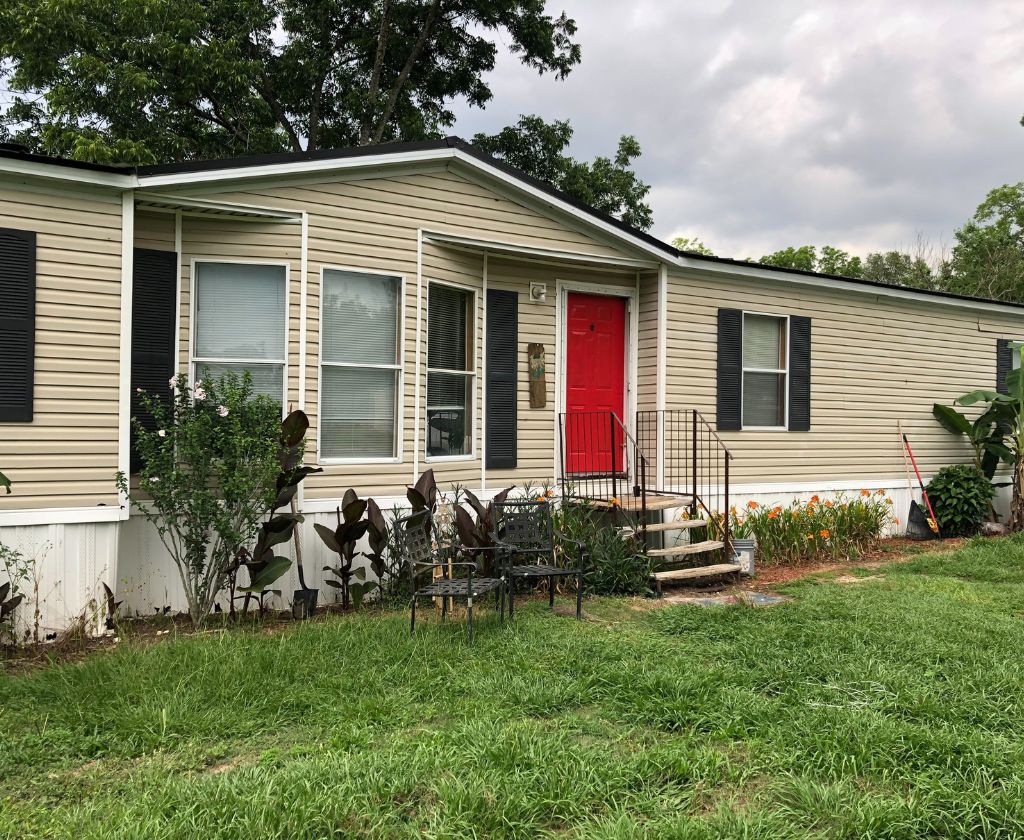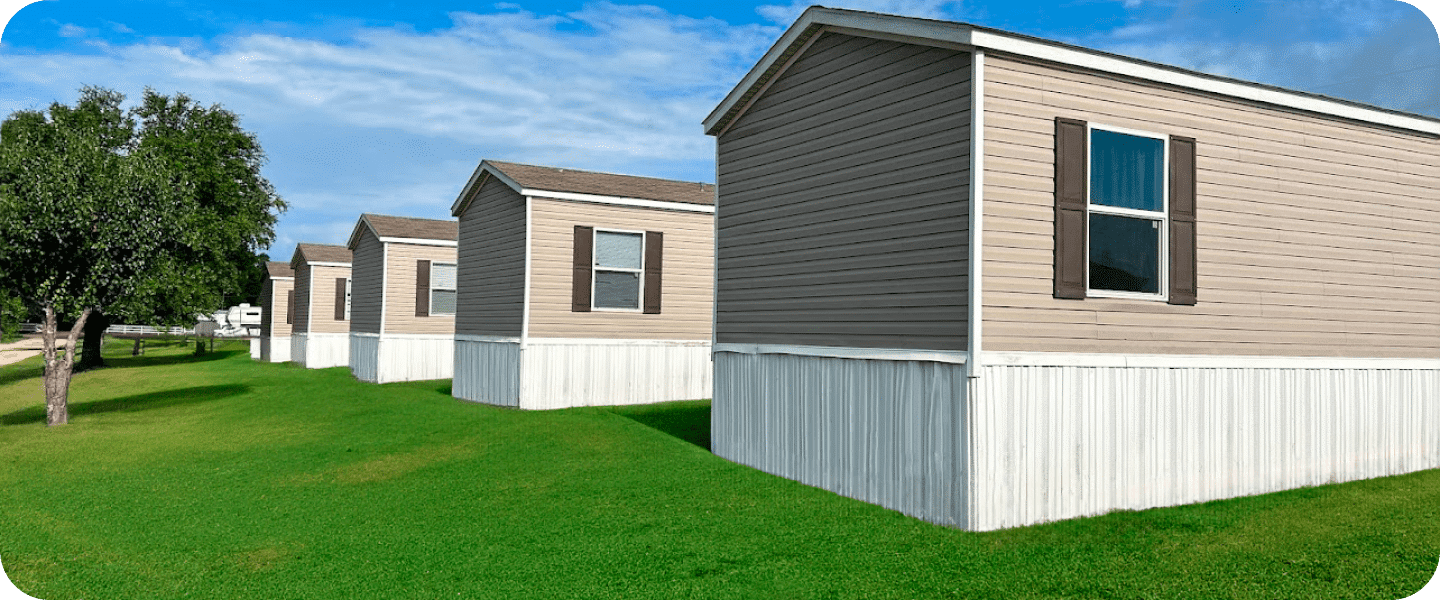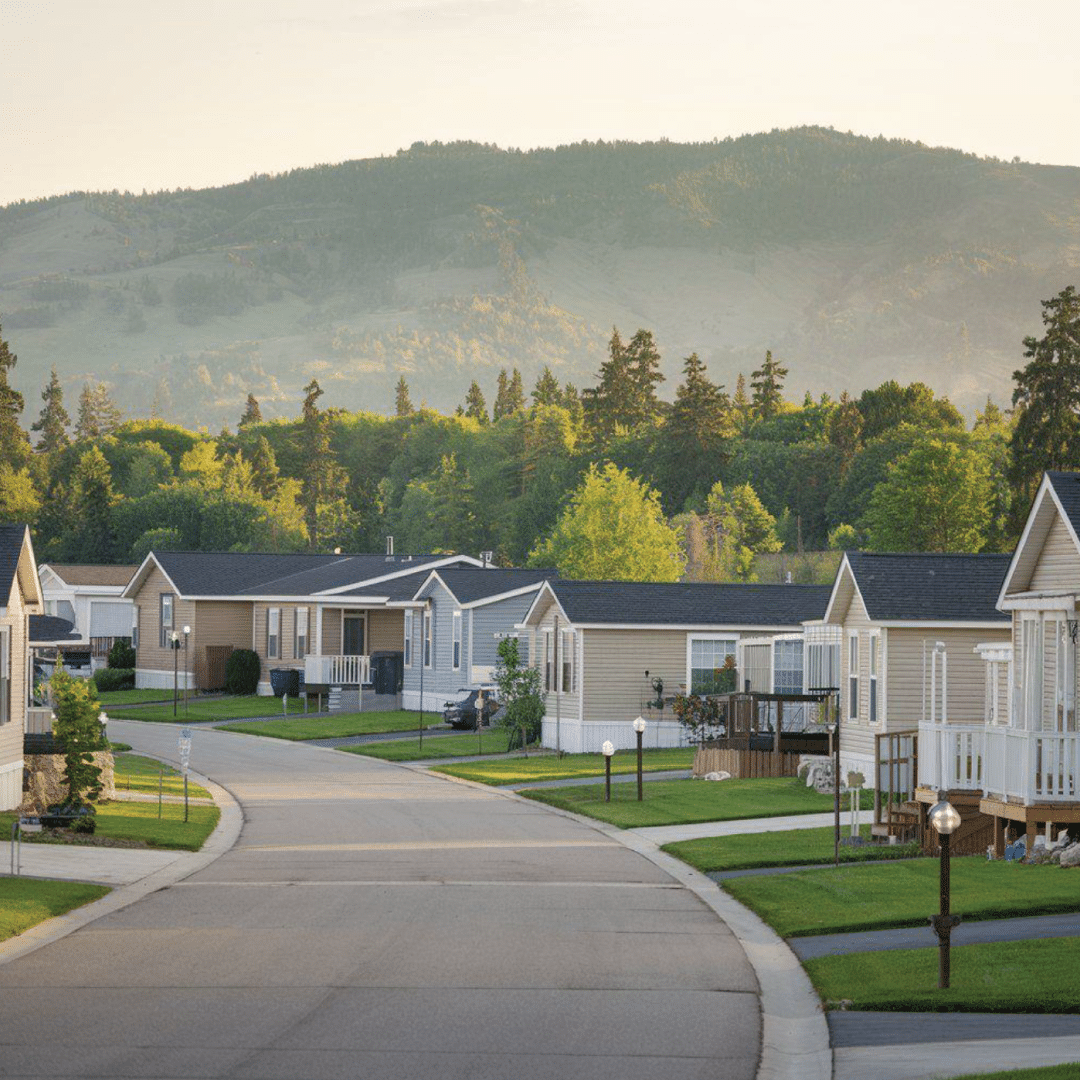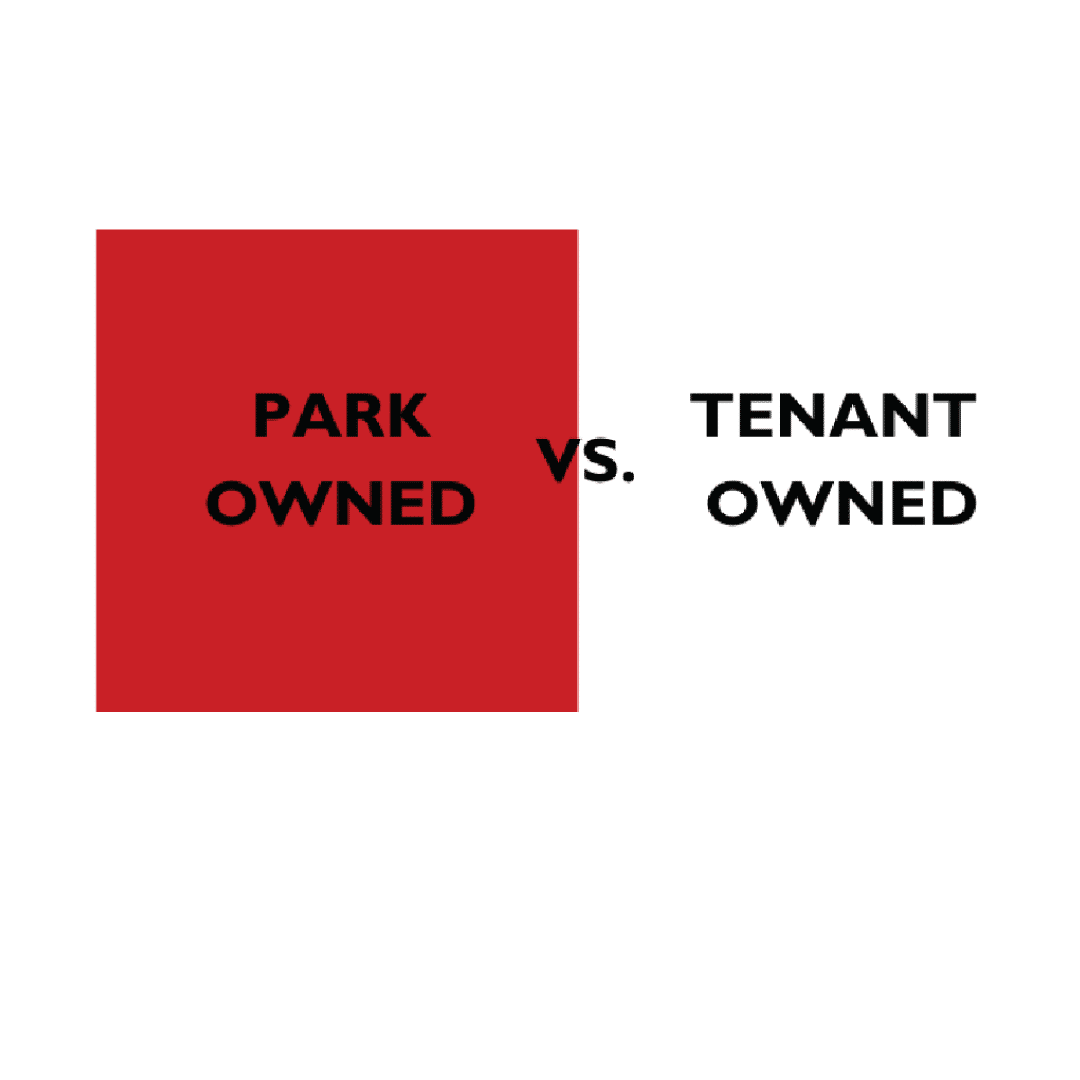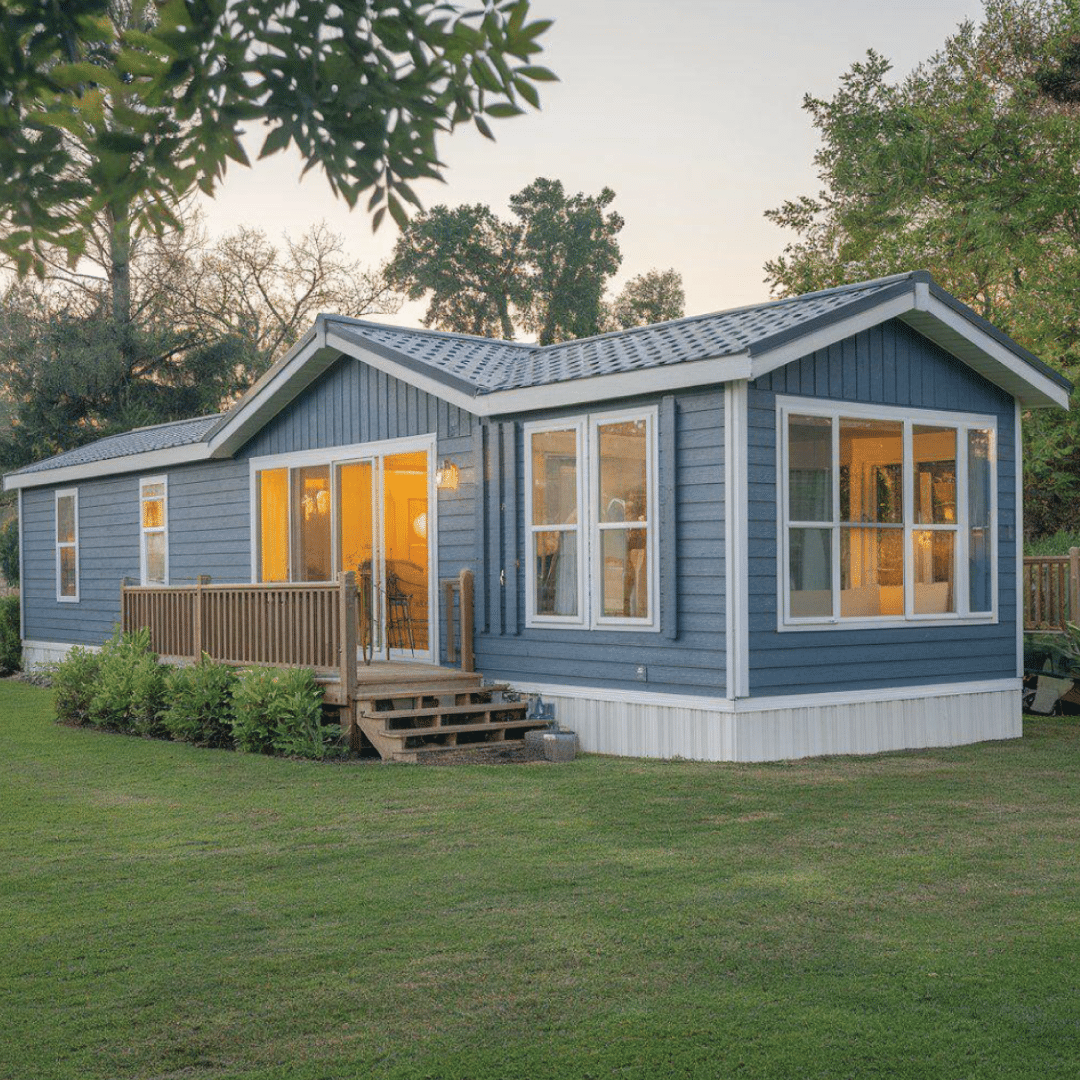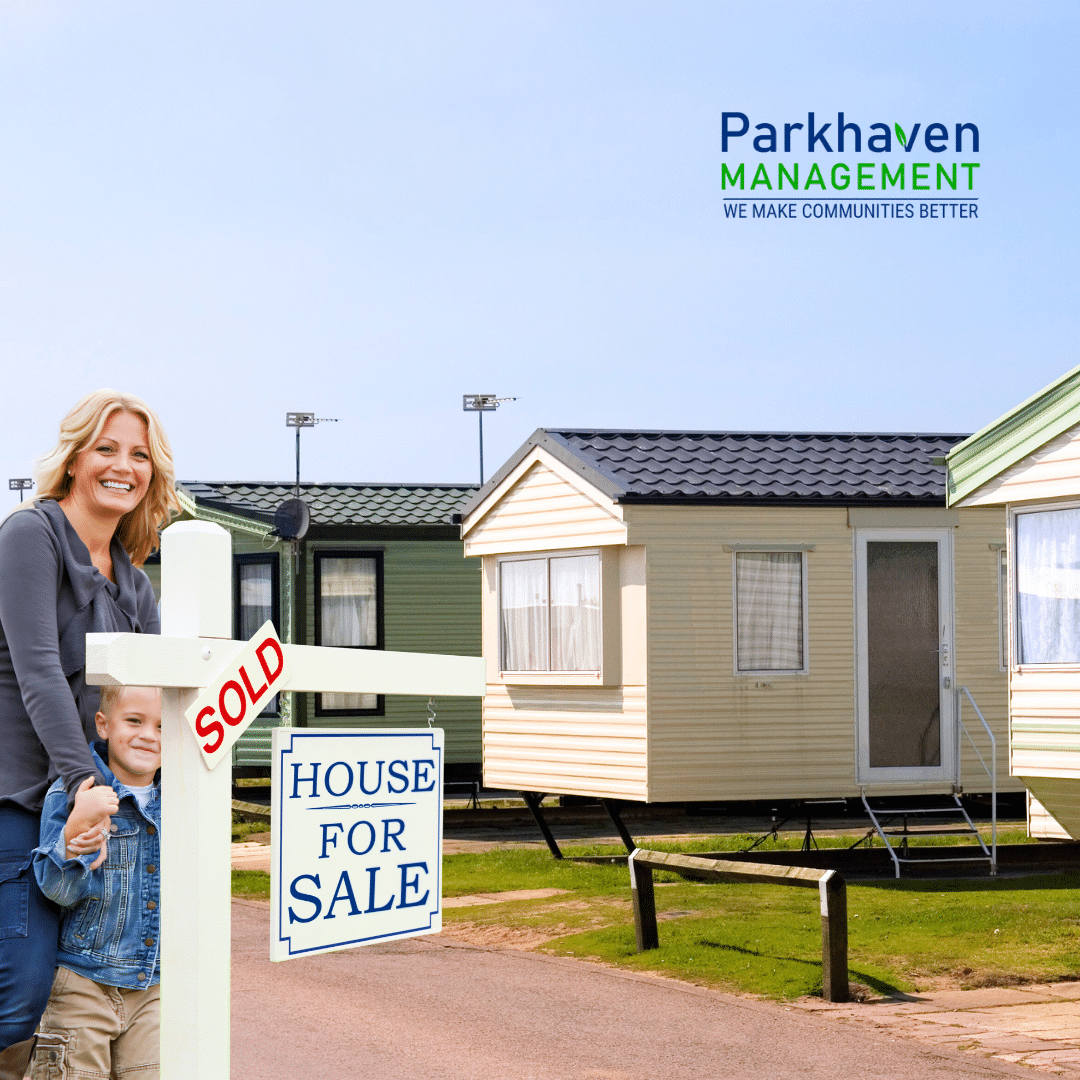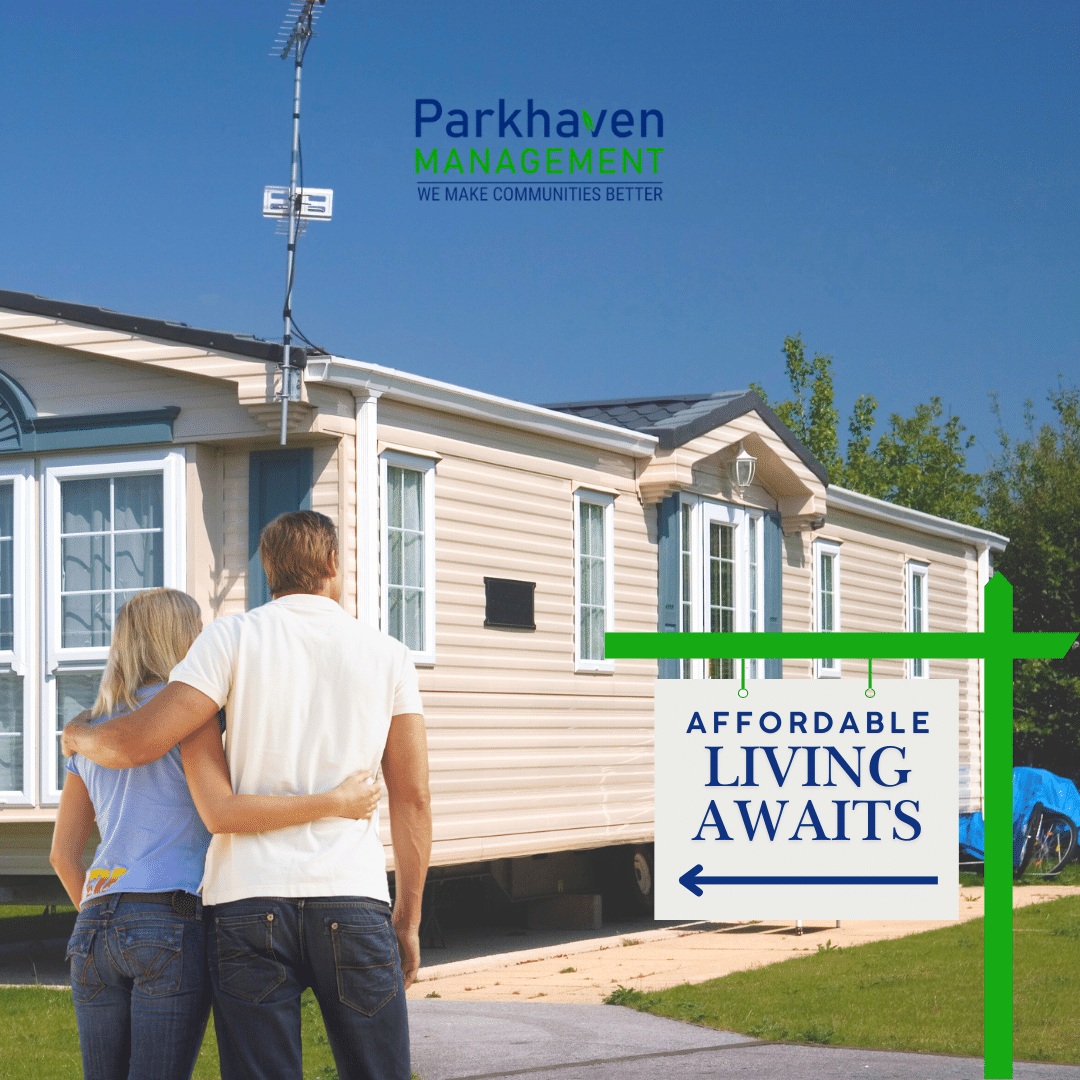
Investing in a mobile home community can be a smart and stable source of long-term income. But when your community is located far from where you live—or in a rural area with limited local infrastructure—property management becomes significantly more complex.
Investing in a mobile home community can be a smart and stable source of long-term income. But when your community is located far from where you live—or in a rural area with limited local infrastructure—property management becomes significantly more complex. Owners of remotely located mobile home parks face a unique set of challenges, from maintaining tenant relationships to handling maintenance requests and regulatory compliance. The right property management strategy can make or break the success of your investment.
Whether you own a newly acquired park or are reevaluating how to run an existing one more efficiently, this guide walks through the critical factors to consider when selecting a property management strategy for a remote mobile home community.
1. Assess the Level of Involvement You Want (and Can Sustain)
The first question to ask yourself is: How involved do I want—or need—to be in day-to-day operations?
If you’re an active investor with flexible availability and experience in property management, you might be comfortable handling operations yourself with the help of part-time onsite support. On the other hand, if you have a full-time job, live in another state, or are more of a passive investor, you’ll need to delegate tasks to a trusted system or service provider.
There are generally three models to consider:
Full-Service Third-Party Management Company
Hybrid Model (Remote Oversight + Onsite Manager)
Self-Management with Local Contractors and Virtual Systems
The best option depends on your goals, budget, location, and risk tolerance.
2. Consider the Availability of Local Talent
Remote mobile home communities are often located in less-populated or rural areas. That means your options for experienced property managers or maintenance staff may be limited. In these cases, you need to get creative about staffing.
If hiring a local onsite manager:
Make sure they live within or near the community, and ideally in one of the homes to stay engaged.
Provide clear job descriptions and expectations—from rent collection and rule enforcement to vendor coordination and reporting.
Offer competitive pay or discounted housing to retain reliable talent.
For owners who can’t find qualified individuals nearby, a hybrid model becomes essential: leverage remote admin tools for financials and communication while hiring trusted contractors for on-the-ground tasks like maintenance, landscaping, and snow removal.
3. Evaluate Infrastructure and Technology Options
One of the biggest advantages of managing remotely today is the wide availability of cloud-based tools and smart systems that make oversight easier.
Look for platforms that allow you to:
Collect rent online
Automate lease renewals and late notices
Store resident records securely
Receive and track maintenance requests
Run financial reports from anywhere
If your tenants aren’t tech-savvy or don’t have internet access, you may need a backup system like drop-box rent collection or paper notices—but using digital platforms wherever possible reduces human error and saves time.
Other helpful tools include:
Security cameras at entrances and common areas (remotely accessible)
Smart lockboxes for vendor access
Utility submetering systems with remote monitoring
The better your digital setup, the less physical presence you’ll need.
4. Analyze Cost vs. Benefit of Third-Party Management
A full-service property management firm will typically charge 6–10% of gross monthly revenue, plus fees for leasing, evictions, and major repairs. This model can be cost-prohibitive for smaller parks with slim margins, but a life-saver for owners who lack time or proximity.
When considering a third-party company, ask:
Do they have experience managing mobile home communities (not just apartments)?
Are they familiar with state-specific landlord-tenant laws?
How do they handle collections, maintenance, and resident issues remotely?
Do they provide monthly performance reports and visibility into park operations?
A good management company will function as your eyes and ears—handling tenant relationships, coordinating repairs, and protecting the value of your asset. However, make sure the scale of your operation justifies the cost.
5. Prioritize Consistent Communication and Transparency
Remote ownership demands a strong communication plan. Whether you go with an onsite manager, a third-party firm, or a hybrid model, you’ll need regular updates on:
Occupancy and turnover
Rent collection status
Repairs and capital improvements
Complaints or rule violations
Resident satisfaction
Set expectations early: require weekly reports, monthly financial summaries, and quarterly site reviews (with photos if you’re not visiting in person). Hold regular check-in calls or video meetings with your onsite contact or management company.
The more informed you are, the better equipped you’ll be to make strategic decisions from afar.
6. Legal Compliance and Risk Management
Managing remotely doesn’t absolve you of your legal responsibilities as a landlord. Depending on your state, you may be required to:
Maintain habitability standards
Provide timely notices for rent changes or violations
Ensure fair housing compliance
File taxes or documentation for park-owned homes
Work with a local real estate attorney or compliance consultant to make sure your systems and staff (onsite or remote) are operating within the law. Additionally, invest in robust insurance coverage—including liability, property, and business income protection—to mitigate risks from a distance.
7. Emergency Protocols and Backup Plans
Disasters and emergencies don’t wait for ideal circumstances. Remote owners must have a plan for:
Natural disasters (floods, hurricanes, wildfires)
Utility outages or septic failures
Vandalism or security threats
Evictions or tenant disputes
Establish a local network of trusted vendors, service providers, and legal professionals who can respond on short notice. Have contingency protocols in place, including resident communication plans, temporary housing solutions (if needed), and procedures for major repairs.
Final Thoughts
Owning and operating a mobile home park remotely comes with challenges—but it’s absolutely doable with the right structure in place. Your goal is to balance cost efficiency, resident satisfaction, and property integrity while minimizing your personal involvement.
When choosing a property management strategy for your remote community, keep these key considerations in mind:
Your desired level of involvement
Local staffing availability
The power of digital tools
Third-party costs vs. ROI
Communication and compliance systems
Emergency preparedness
With a thoughtful approach, remote ownership can be both profitable and sustainable—giving you the freedom to grow your portfolio while maintaining peace of mind.

